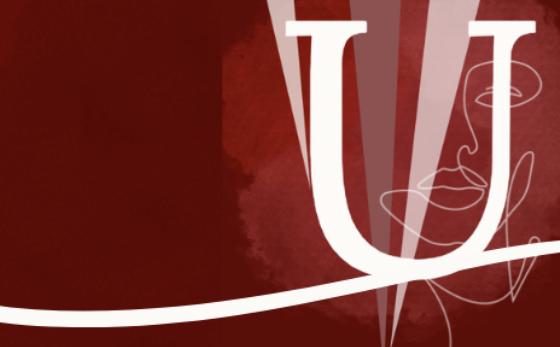Starting as a small idea inspired by the lived experiences of former Clarion Editor-In-Chief, Ana Ortega, The Unify section of the DU Clarion was launched in January 2023 to amplify the voices of marginalized communities on DU’s campus. As one of the only columns in a collegiate newspaper dedicated to sharing the experiences of underrepresented groups on a college campus, DU’s Unify chapter is spearheading a new movement of representation.
With the support of esteemed professors and mentors, most notably, Professor Lynn Schofield Clark and Andrew Matranga, Ortega found the space to create the new section. The Unify chapter at DU is intended to unite all marginalized communities to share one another’s stories, spread awareness and validate their experiences at a predominantly white institution. The experiences of those who identify as a minority are significantly different from those of their white counterparts. Unify strives to provide them with a resource to amplify their voice, not glorify their struggles—an important distinction that often gets blurred.
Class of 2023 graduate, Ana Ortega, reflected on the process of launching DU’s Unify chapter and the triumphs and challenges she experienced. Unify was created when Ortega applied for the Eisner Grant with the hopes that Unify would empower students and provide them with a much-needed resource: the space to be represented, heard and acknowledged on campus. With the help of Professor Clark, Unify received the Eisner Grant and became the fifth pillar of the Clarion. Ortega aspires to launch a Unify chapter on college campuses across the country. She plans on establishing chapters at colleges in Colorado before going national.
The success of Unify, which celebrated its one-year anniversary this winter now fully enveloped by the Clarion’s day-to-day operation, has proven that students of all backgrounds are connecting with the section and are excited to have a long-needed resource that adequately represents them authentically and uniquely. Ortega, a first-generation Latina college student, often struggled to navigate her undergraduate experience. Her struggles with feeling unheard and invalidated drove her to launch Unify.
“If I could get a platform to connect everyone [from a marginalized community] together, to read one another’s struggles and help one another by reading our stories, I wanted to be able to do that,” Ortega said. “There should be no reason for individuals to struggle to complete college, especially when colleges should be providing resources to help them. Unify became that resource. It is the voice of people who are constantly never heard, especially on college campuses.”
Unify’s mission goes beyond being the voice of one sector of the student body, aiming to diversify journalism as a whole.

Looking at its 125-year history, the Clarion has come a long way. In 1916, only three of the eight-person Clarion staff were women, and none were persons of color. The diversity of the Clarion staff has since vastly improved. The paper has gone from having limited coverage of the experiences of underrepresented students to now having an entire section dedicated to amplifying their voices.
Ortega was not alone in her mission. Other students, such as Unify’s first section editor Ana Júlia Rodrigues Alves, also felt drawn to Unify’s purpose.
“As an international student and a Latina woman myself, being Unify’s editor just made sense to me. Being able to uplift diverse voices around campus resonated deeply with my personal goals, and it also allowed me to create a space of belonging in the Clarion,” said Rodrigues Alves.
Rodrigues Alves is a third-year Journalism and International Studies student who is currently working as the editor of the opinions section of the Clarion, a role she had previously filled, before assuming the duties of Unify editor. As a first-generation international student from Brasilia, Brazil, Rodrigues Alves found that Unify provided a way to create the change that she wanted to see and foster students’ love of sharing their stories.
“Being Unify Editor allowed me to showcase events, raise awareness, and platform the many affinity groups on campus,” said Rodrigues Alves. “Whenever possible, I urge my writers to bring their identities to their articles. After all, our identities always shape our existence.”
Rodrigues Alves and Ortega have been able to witness Unify mature over the past year, as the section has grown and created an impact. Rodrigues Alves emphasized that student organizations were “super enthusiastic” when first approached by Unify last year. Since then, organization leaders have voiced their excitement that a section like Unify has come to life.
“This is just the beginning for Unify. I’m sure it will continue for generations to come of the Clarion,” said Rodrigues Alves.
Meaningful change inherently requires hard work. There is still plenty of change to be realized on the University of Denver campus in the realm of diversity, equity and inclusion. Unify is still, and will remain, committed to achieving that goal.











